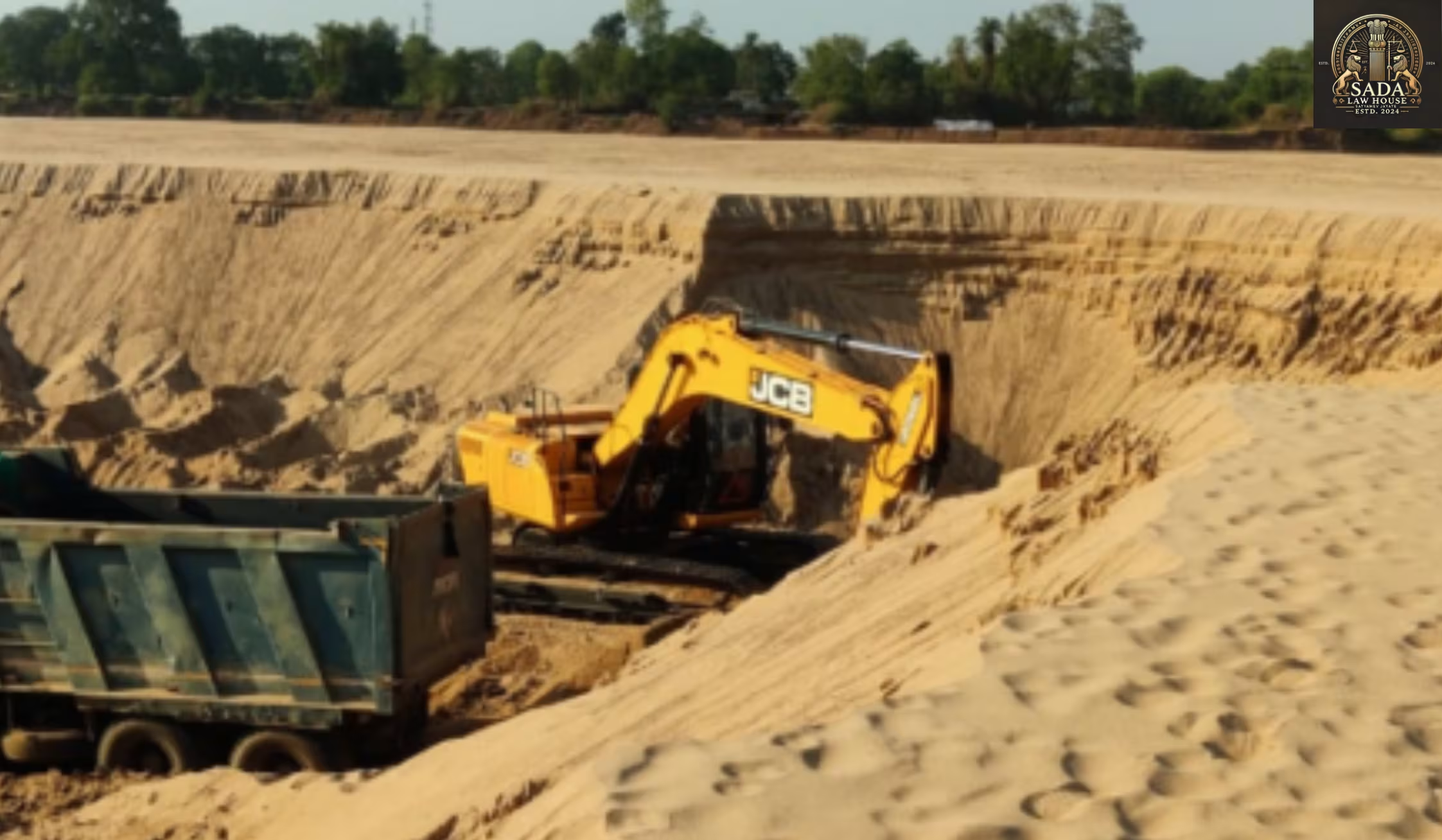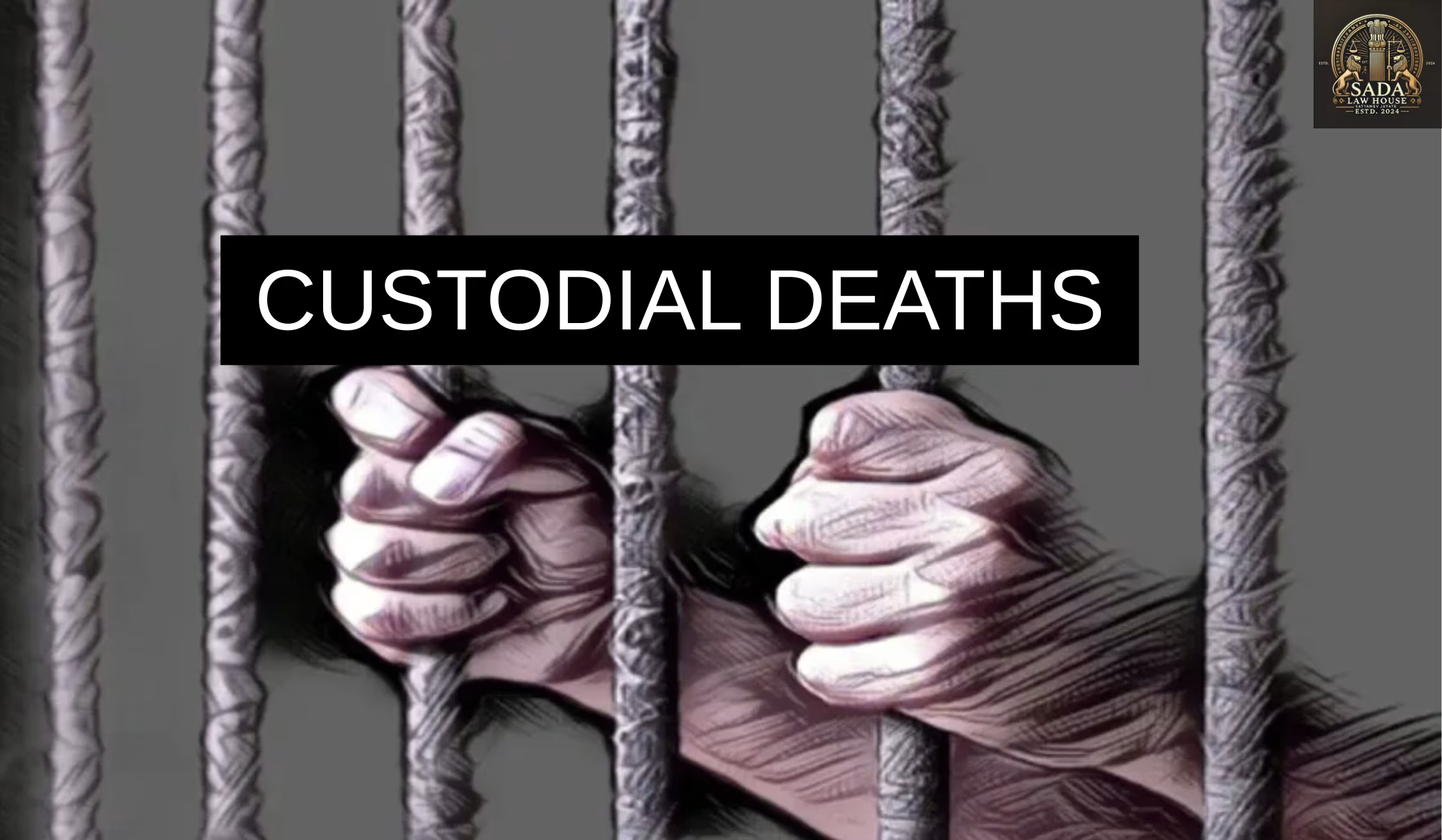Supreme Court Upholds Convictions in Tamil Nadu Honour Killing Case, Clarifies Hostile Witness Law
- MAHI SINHA
- 30 Apr 2025

Historic Ruling in Tamil Nadu Honour Killing Case
In a landmark judgment, the Supreme Court of India affirmed the convictions of 11 individuals involved in the 2003 honour killing of an intercaste couple, S Murugesan and D Kannagi, from Tamil Nadu. This case is among the earliest documented honour killings in the state.
Life Sentences and Dismissal of Appeals
A Supreme Court bench comprising Justices Sudhanshu Dhulia and P.K. Mishra rejected appeals filed by 11 convicts against the Madras High Court‘s 2022 decision, which upheld their life sentences. The Court also dismissed petitions from two police officers accused of falsifying evidence.
Legal Clarification on Hostile Witnesses
The Court provided crucial legal clarity on the concept of “hostile witness.” According to the ruling, a witness does not automatically become hostile for supporting only parts of a party’s case. Citing Section 154 of the Indian Evidence Act, the Court emphasized that:
“A party may cross-examine its own witness with the court’s permission, even without declaring them hostile.”
The Court stressed that partial testimony cannot be discarded entirely and should be evaluated based on its alignment with other credible evidence.
Courts Can Rely on Partially Hostile Witness Testimony
It was further clarified that even if a witness turns hostile, the admissible portions of their testimony—those backed by reliable documentation—remain valid. The Evidence Act does not mandate rejection of such testimony, and it is up to the court to determine its weight and relevance.
Delayed Justice and Hostile Witnesses
The Supreme Court acknowledged that delays in the legal process often contribute to witnesses becoming hostile. In this case, although the crime occurred in 2003, the charges were only framed in 2010, and the final verdict was delivered in 2021.
Heinous Crime and CBI Investigation
Murugesan, a Dalit chemical engineering graduate, and Kannagi, a business graduate from the Vanniyar community, secretly married on May 5, 2003. Just two months later, they were forcibly captured by Kannagi’s father and brother, poisoned with pesticide, and their bodies were later burned. The botched initial police investigation led to the case being handed over to the CBI.
In 2021, the trial court sentenced 12 people, including Kannagi’s father, to life imprisonment and awarded the death penalty to her brother, Marudupandian. In 2022, the Madras High Court reduced his death sentence to life imprisonment and acquitted two others.
Compensation for Victim’s Family
The Supreme Court also ordered compensation of Rs. 5 lakh to be paid jointly to Murugesan’s father and stepmother.
Live Cases






